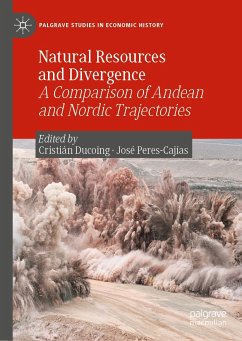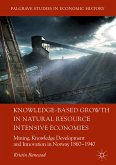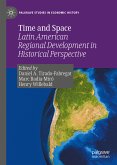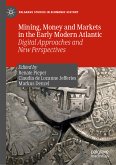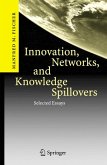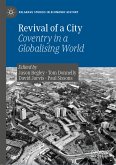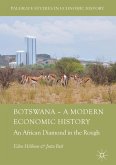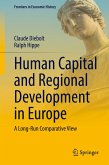- Kristine Bruland, University of Oslo, Norway
"Natural resource dependence has been seen as a kind of curse in Latin American economic history vs. a great asset in the story of several developed countries. This book makes a very interesting comparison of the economic histories of Andean and Scandinavian countries to understand why they show contrasting development patterns. It makes an important contribution to comparative economic history and to our understanding of economic development."
- José Antonio Ocampo, Columbia University, USA
Is the 'natural resource curse' destiny? Are different ways to link natural resources and economic development? Using two particular regions as case studies, this edited collection examines the divergent development paths of natural resource rich countries over the past two centuries. Bolivia, Chile and Peru are neighbour states with a common history and are globally known by their mining endowments. Norway and Sweden have also a strong common history, and different natural resource endowments (forestry, mining and fishing) are essential to understand their current economic success. By comparing natural resource management in the long run in these two divergent regions, this book can help rethink how developing countries can better take advantage of their natural resource endowments. Specifically, the book examines the interaction between natural resources and different key determinants of long-term development: trade, fiscal policy, sustainability, human capital accumulation and business strategies.
Cristian Ducoing is Researcher at the Department of Economic History, Lund University, Sweden.
José Peres-Cajías is Assistant Professor at the Department of Economic History, Institutions, Politics and World Economy, University of Barcelona, Spain.
Dieser Download kann aus rechtlichen Gründen nur mit Rechnungsadresse in A, B, BG, CY, CZ, D, DK, EW, E, FIN, F, GR, HR, H, IRL, I, LT, L, LR, M, NL, PL, P, R, S, SLO, SK ausgeliefert werden.

